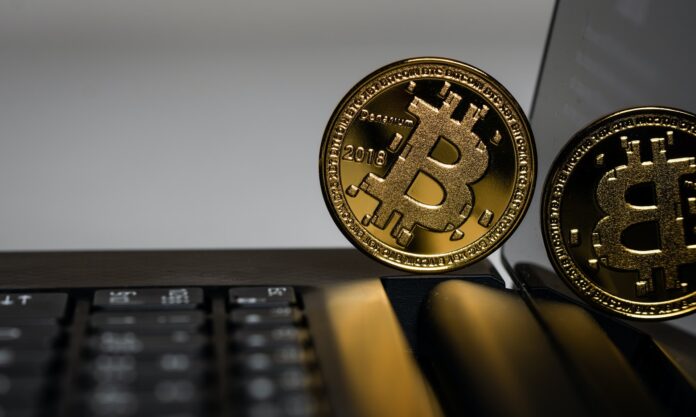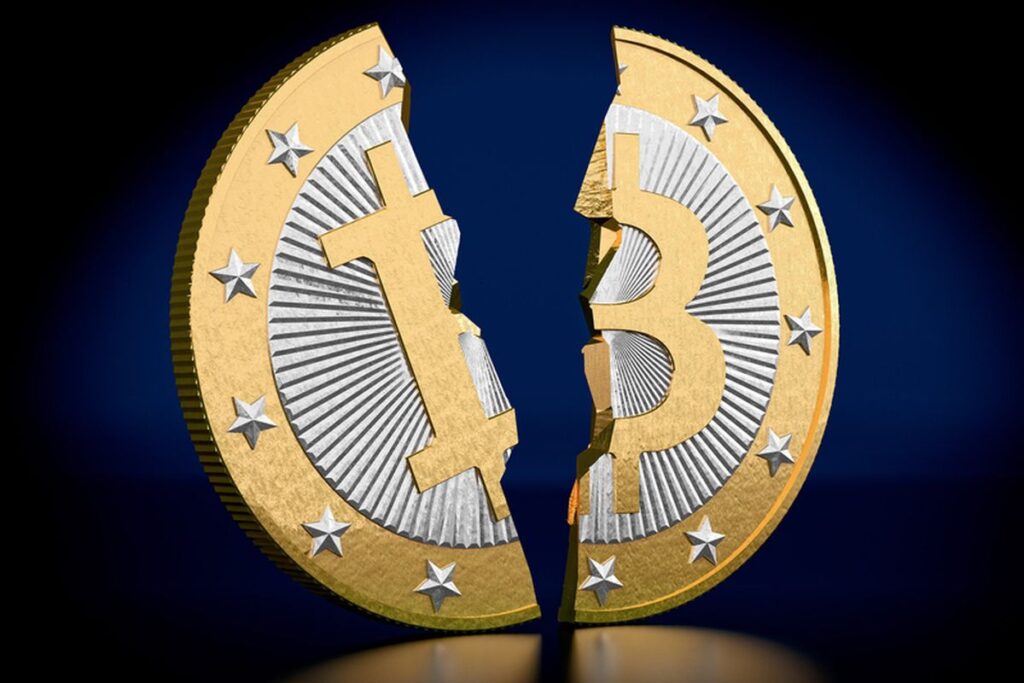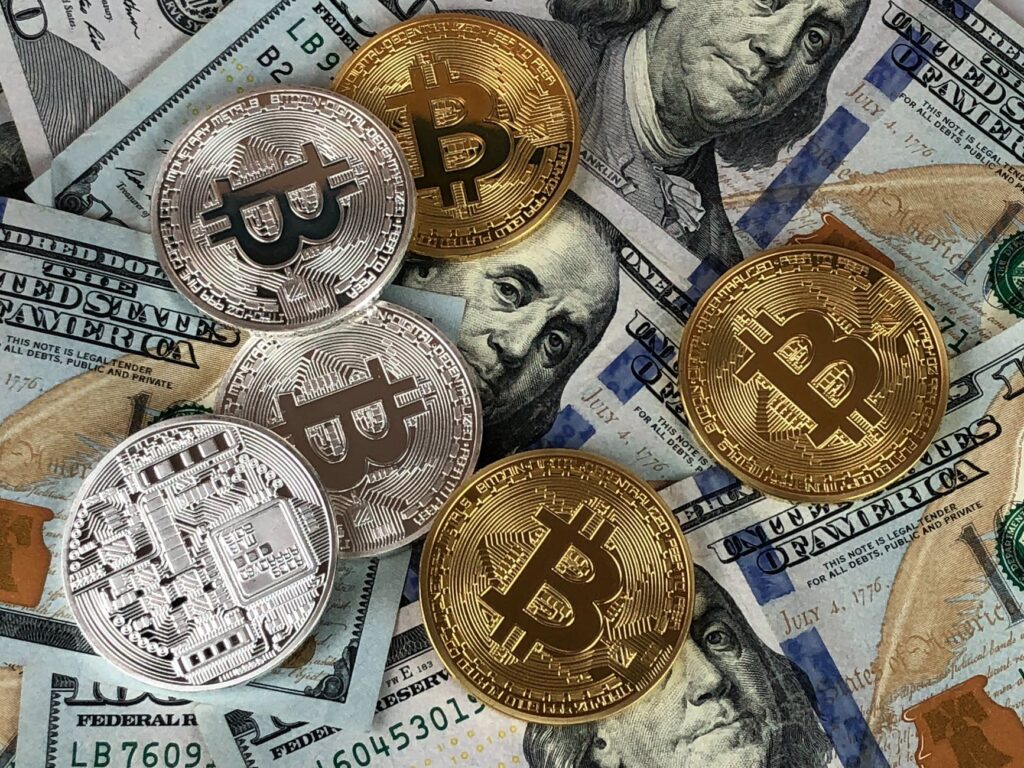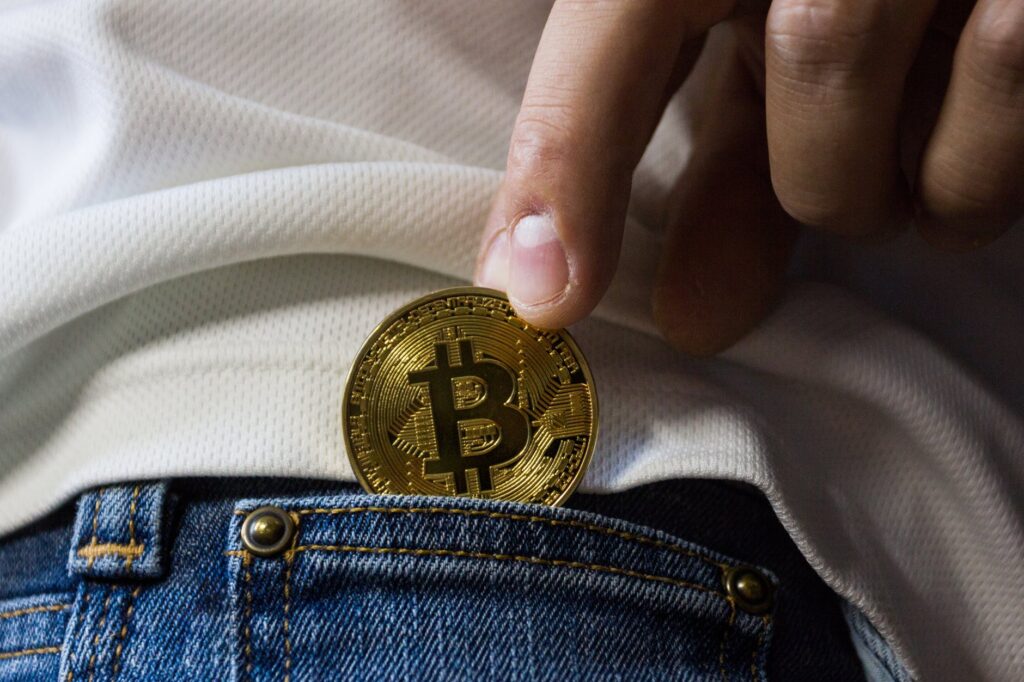
Let’s talk about bitcoin. Bitcoin is a little like Einstein’s general theory of relativity—everyone’s heard of it, but no one really understands it. The very obscurity of the concept breeds questions and misconceptions. For instance: is bitcoin legal? Is bitcoin safe for investments and monetary exchanges? And what the heck is bitcoin, anyhow?
Well, let’s see if we can answer a few of those questions. First, we should try to figure out the difference between bitcoin and fiat currencies.
Fiat Currency: The Old Standby
Fiat currencies are the sort of thing that we’re all familiar with. It has nothing to do with the Italian carmaker, but it does have something to do with that famous passage in the Book of Genesis, in which the Lord proclaimed “let there be light,” or “fiat lux” in Latin.
In other words, “fiat” conjures the image of snapping one’s fingers and, like a miracle, something desired becomes a reality.
This is what happens with fiat money. Only, in this case, it’s a national government that snaps its fingers, declaring that its money has value. Keep in mind that this money is not linked to something real, like gold or silver. Only the prestige and authority of the issuing government establishes the value of this currency. The US dollar, for instance, is just such a fiat currency.
Bitcoin, however, is a different animal altogether. Call it a cryptocurrency, a digital currency, a virtual currency—call it whatever you like, it’s not fiat money, and the rules that govern it are rather more complicated.
A Brief Bitcoin Primer

The origins of bitcoin are lost in the hazy mists of time…well, not quite. It goes way back to the year 2009, which might as well be the remotest prehistory as far as the Internet is concerned. The concept for bitcoin was proposed the preceding year, by a shadowy and mysterious person—or a cabal of persons—known pseudonymously as Satoshi Nakamoto.
Now, no one knows if there is such a person as Satoshi Nakamoto; perhaps, like Keyser Söze, his identity is less important than the myths that cling to his name. Regardless, his (or their) brainchild has gone on to become the premier decentralized, digital currency.
Bitcoin is pretty much the opposite of a fiat currency. It owes no allegiance to any centralized authority; it operates outside the sphere of government and traditional financial institutions.
Bitcoin can be compared to an “application,” running on an “operating system” known as a blockchain. A blockchain is a distributed ledger, designed to ensure the transparency and legitimacy of the bitcoin transactions.
There is no physical specie associated with the cryptocurrency (though some have attempted to create actual, real-world bitcoins). Instead, it is a digital currency and is kept within secure digital wallets, such as Coinstash.
Legal Issues With Bitcoin

Since bitcoin exists within an unregulated, decentralized framework, it shouldn’t come as a surprise that it has been associated with shady, underworld activity.
This issue is part of the reason that bitcoin is sometimes looked upon with disfavor by some governments and even the general public. In the past, some unsavory characters have given the cryptocurrency a bad reputation.
Silk Road
For instance, who can forget the Silk Road incident of the early 2010s? In case you’ve never heard of it, the Silk Road in this instance does not refer to the famous trans-Eurasian trade network of historical fame.
Rather, it refers to the notorious, so-called “first darknet market,” a shadowy black market formed on the Dark Web in 2011. Its object was to connect buyers with illegal drugs—among other things—and its transactional currency of choice was bitcoin.
Silk Road was, alas, torpedoed by the Feds in 2013; but its association with bitcoin definitely conferred a certain “edginess,” a mystique of extra-legality, upon the cryptocurrency.
Mt. Gox

Then there’s the notorious Mt. Gox affair. Mt. Gox was a Tokyo-based bitcoin exchange, and at one point it was responsible for some 70% of all global bitcoin transactions. It was, at its lofty height, the world’s foremost bitcoin exchange.
Until everything came crashing down. This occurred in 2014 when it was discovered that about 850,000 bitcoins—valued at over $460 million—were missing and likely absconded from the exchange’s accounts. And that’s a lot of money in anybody’s currency.
Needless to say, that put an end to Mt. Gox as a going concern. The company filed for bankruptcy and was liquidated shortly thereafter.
Both of these incidents represented a black eye for bitcoin, but since then, lessons have been learned, and the cryptocurrency has achieved a remarkable degree of success and viability.
So, Is Bitcoin Legal?
This brings us to the tricky question of bitcoin’s legality. Is bitcoin legal in the US? Is bitcoin legal in Australia? What about other countries? It turns out that bitcoin is legal in the United States, Australia, Japan, Canada, the United Kingdom, and most other developed countries.
In the US, the IRS now requires tax filers to declare their “financial interest” in virtual currency; in Australia, bitcoin and other cryptocurrencies are treated as property, and subject to Capital Gains Tax.
Some countries are a little leerier of bitcoin. This includes China, where the virtual currency is restricted. This is ostensibly part of a push to crack down on fraud, but probably has more to do with the CCP’s chronic paranoia and fear of whatever falls outside its control. In India, bitcoin is still in a bit of a legal gray area.
Know Your Bitcoin

The answer to “is bitcoin legal” is simple: yes, by and large, it is. Of course, this depends on the country, and it also depends on how you intend to use the cryptocurrency.
As highlighted in Blogging.org, the digital currency has come under more scrutiny of late, so if you’re looking to break into the illegal arms trade, it’s probably not your safest bet for transacting illicit deals. Also, bitcoin’s valuation fluctuates as wildly as a storm-tossed sea in the middle of a hurricane.
Anyhow, we hope you enjoyed this article. And if you’re looking for more business and financial advice, please check out the rest of our blog.











